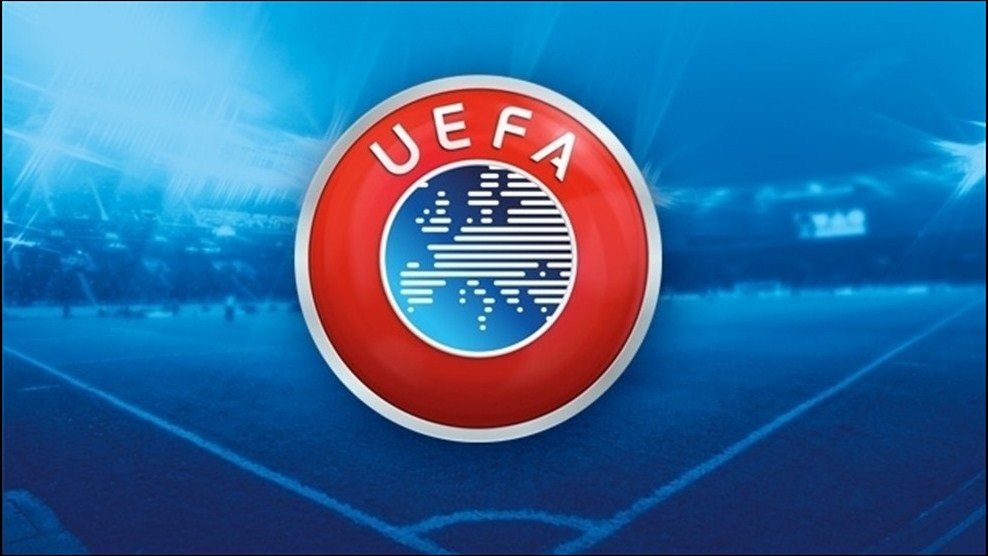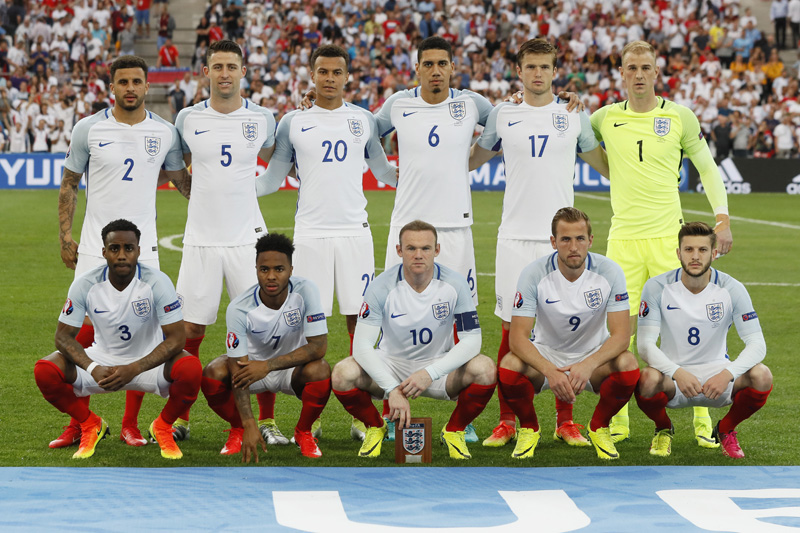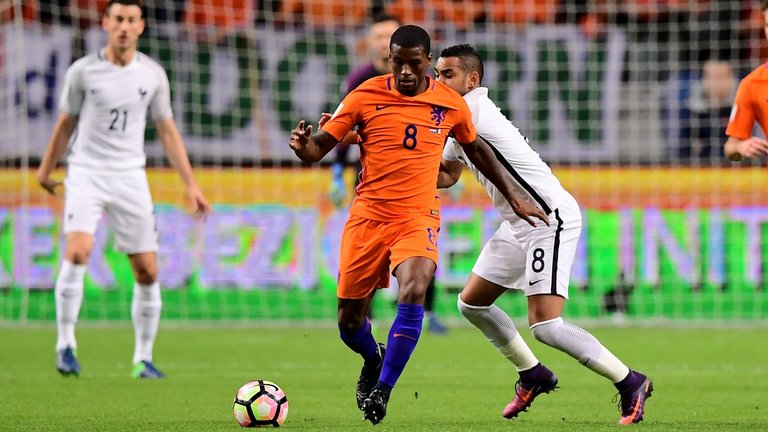
In this article, Peter Watton, from matched betting specialists OddsMonkey, takes a look at the nations that are in line to benefit from the postponement of Euro 2020.
With UEFA confirming the delay of Euro 2020 due to the coronavirus, football fans no longer have a feast of football to look forward to this summer. With Euro 2021 confirmed for next summer, it is going to be a long wait for a world class showcase of the international game.
However, while most of the world will be bitterly disappointed by the delay, some nations may well be secretly relieved that they have time to regroup and go again in 2021. Whether it’s an injured star player, a run of poor form, a young squad that needs time to develop, or a combination of these, a few teams will be relieved to have extra preparation time.
Here are five countries that stand to benefit from the delay to the European Championship.
England

We’ll start with England. While an impressive run to the semi-final of the 2018 World Cup stoked a lot of hope that the Three Lions would emerge victorious at Euro 2020, last summer’s UEFA Nations League exit to the Netherlands quickly served as a reminder that England weren’t the finished article.
Recent form has been patchy at best, so Gareth Southgate will (behind closed doors) be thankful that the squad gets time to improve performances. Add on top of this the long-term injuries to star strikers Harry Kane and Marcus Rashford that threatened to keep them out of the tournament, and it’s easy to see why switched-on England fans might be glad of the delay.
It’s also worth remembering that England have a very young squad, full of players that achieved success at international youth level, so another year for the likes of Jadon Sancho, Mason Mount, Phil Foden, and Callum Hudson-Odoi to mature might be ideal.
Belgium
Belgium are a team on top of their game — World Cup third-placed in 2018 and top of the current FIFA world rankings — so why would a delay be beneficial? The answer is simple: Eden Hazard.
Their captain and talisman has endured a torrid first season at Real Madrid, the club he joined after seven years at Chelsea. He’s been injured for most of the year, and out of form when he has been on the pitch, so an extra break will mean the Euros don’t come too soon for Belgium’s star man.
But, surely, a team boasting Kevin de Bruyne, Romelu Lukaku, and Thibaut Courtois is good enough to challenge for any tournament? Well, there’s something about Eden Hazard that just lifts the entire team to another level, and he would be missed if he was watching from the stands.
Netherlands

The Netherlands are quite similar to how England were before the last World Cup — they’re coming off the back of a disappointing few years but have a good, young squad that’s looking to change the expectations. They got the ball rolling with an appearance in the final of the Nations League in 2019 and were looking to build on that this summer. So how has the delay been positive?
Well, things were going well until their two best forwards, Martin Depay and Steven Bergwijn, got injured, leaving them with a patchy attack featuring the likes of journeyman Ryan Babel, the erratic Luuk de Jong, and the inexperienced Myron Boadu. Again, like England, the 12-month delay will give Depay and Bergwijn time to recover and lead the line next year.
In addition, they have several potentially world class young players looking to establish themselves at top clubs around Europe — Matthijs de Ligt (Juventus), Frenkie de Jong (Barcelona), and Justin Kluivert (Roma) — so some extra time for them to learn and improve will surely help.
Germany
In 2014, Germany were the best team on the planet as World Cup winners. Since then, things have never quite been the same, and we’ve seen something of a changing of the guard with players like Hummels, Boateng, Lahm, and Klose disappearing from the national side.
However, the generation that has started to replace them is full of promise and there is now plenty of time for the likes of Josh Kimmich, Julian Brandt, Kai Havertz, and Timo Werner to turn into world beaters. So, with the German team a work in progress, I imagine an extra year won’t be sniffed at.
Norway
Norway isn’t often a name you hear at major tournaments — they haven’t qualified for one since Euro 2000 — but things might change soon. Some “in-the-know” types have started to whisper about a potential golden generation of young Norwegian footballers coming through the ranks, and they might not be far off. In fact, these players are so young that we may be in for a very long period of success for Norway, beginning with an impact in 2021.
Youngsters like Martin Ødegaard, Kristoffer Ajer, Emil Bohinen, and Sander Berge are either already established in Europe or being tracked by bigger clubs. Then there is Erling Braut Håland, the 19-year-old striker with an amazing 40 goals in 33 games this. He is a world star in the making that hasn’t been seen in Scandinavia since a certain Zlatan Ibrahimović and has the potential to become Norway’s talisman in 2021.
All this being said, Norway still haven’t qualified for Euro 2021 yet as they need to overcome Serbia in a play-off match — whenever that will happen now. But, if they do, you can be sure that they will arrive at the tournament ready to cause a few upsets.
With the European Championship on ice for 12 months, it’s clear to see a few teams will be letting out a sigh of relief. But, whenever the football is up and running again, keep an eye on these five nations who will be looking to make up for lost time in 2021.
